When discussing about our mental health, did you know that there are hidden traits of depression? These traits might seem very normal on the surface, but there is more to it than what meets the eye.
What may be intriguing in the exploration of perfectly hidden depression (PHD) is this question: If you don’t know how to reveal your pain, how are others supposed to identify what’s going on? How do you figure it out yourself?
“When you suffer from depression “I’m tired” means a permanent state of exhaustion that sleep doesn’t fix.”
The best bet is to identify what constitutes the syndrome of perfectly hidden depression (a term I created). What is syndrome? It’s a group of behaviors or beliefs that are found together, sort of like salt and pepper. When you see one, you find the other.
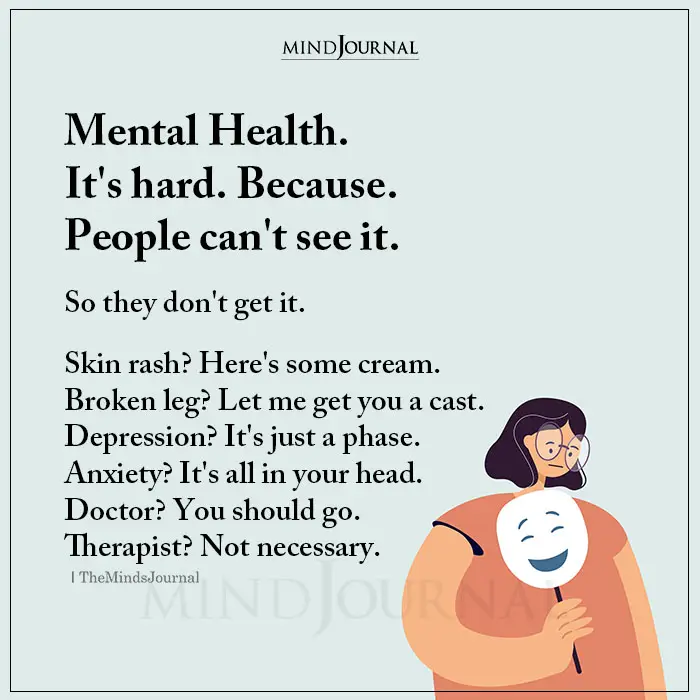
Identifying the traits of the syndrome itself will hopefully add a much-needed lens to your own camera, whether you be an individual, parent, doctor, therapist, teacher, or friend. It’s time to stop overlooking this presentation of depression — one that does not fit the criteria for classic depression, but can be as potentially harmful.
10 commonly shared characteristics of perfectly hidden depression
The following are 10 primary characteristics of PHD. They’re not all present in every person who might recognize themselves in PHD. But they’re fairly consistent.
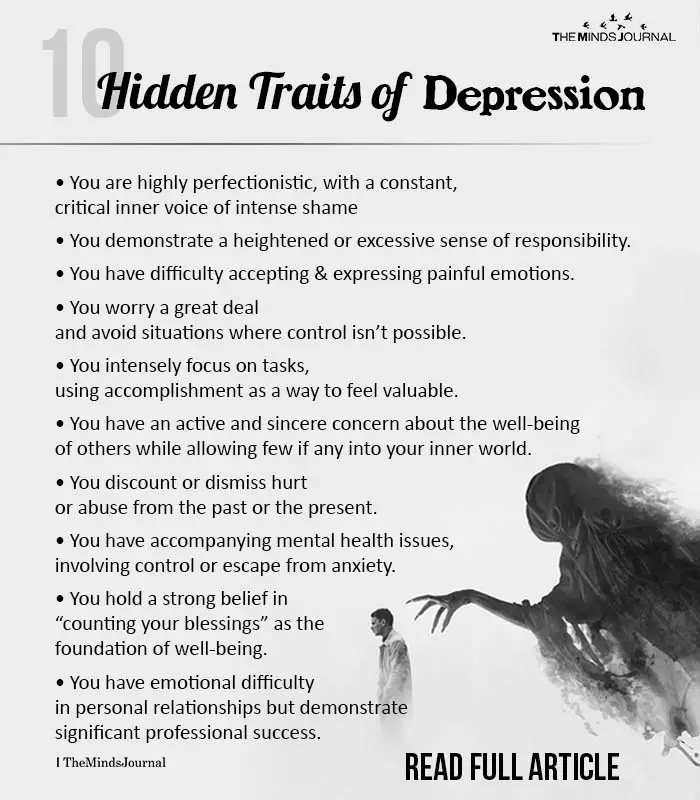
If you identify with PHD…
10 Hidden Traits Of Depression
1. You are highly perfectionistic, with a constant, critical inner voice of intense shame.
Having a perfectionistic streak is one thing. You try to do your best: “If it’s worth doing, it’s worth doing well.” Yet you can silently berate yourself if you’re not at the top, at all times. You may allow yourself one area in which you’re not proficient — for example, laughing and saying you couldn’t skate if your life depended on it.
Or you can’t tell a joke. But if it’s an activity or a pursuit that is meaningful to you, it needs to appear perfect, especially if it’s going to be evaluated or seen by others. You’re the perfect parent, most accomplished lawyer, head of the class, or best friend. You consistently measure and evaluate your status, and if you’re not meeting perceived expectations, you ramp up the pressure. Inner shame governs your choices and your world.
2. You demonstrate a heightened or excessive sense of responsibility.
You’re very aware of duty, obligation, and loyalty, and can be counted on in a crunch. You’re the first to notice when something’s going wrong and look for solutions. You’re a good leader, although not the best delegator. This sense of responsibility can turn painful, as you may readily blame yourself, rather than taking a moment to understand the entire picture. This tendency can leave you vulnerable to manipulation.
3. You have difficulty accepting and expressing painful emotions.
I know when I’m sitting across from someone who’s smiling brightly at me while simultaneously describing a significant loss or disappointment that I may have tripped over someone else who’s hiding. Not always. But it’s a question I begin to ask myself as a therapist.
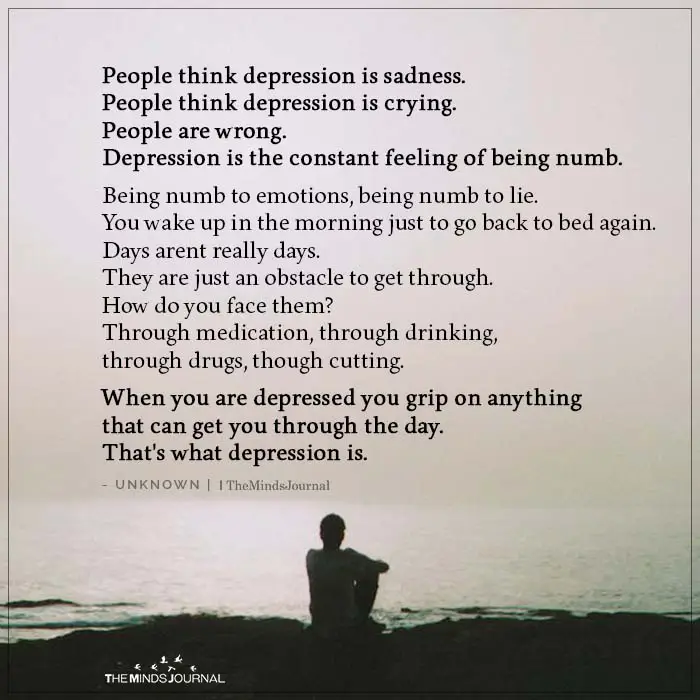
Anger is avoided or denied. Sadness is banished to the back of the closet. Disappointment is for whiners. You may not even have the words to express these emotions. You stay in your head most of the time, rather than connecting with heart — analyzing, decoding, thinking through things.
4. You worry a great deal and avoid situations where control isn’t possible.
You aren’t someone who can stay easily in the present. If you do yoga, you may hate the final position, for which the suggestion is to breathe and relax. You may love to cook, but have a very hard time sitting with guests and enjoying the meal.
The need for control is strong, and so a lot of time is spent worrying about the things that might occur to interrupt that control. Ironically, It’s important to hide this worry. So it might not be obvious to others that it exists. People will shake their heads and wonder aloud, “You never seem to have a care in the world. You don’t sweat the small stuff.”
You bet you’ll look as if things move easier for you, and without much effort; your worry is hidden, right under the smile.
5. You intensely focus on tasks, using accomplishment as a way to feel valuable.
“You’re only as good as your last success.” You count on activity and accomplishment to distract yourself from any inner insecurities or fears that might try to seep out of hiding.
“We hide to try our feelings, but we forget that our eyes speak.”
We all do this to a certain extent. If you’re having a bad day, it feels good to get something done that perhaps you’ve been putting off. Or you get a promotion at work. Or someone emails you about how your kindness was so meaningful to them. There’s value in purpose and effort.
But you carry it too far. You may not know what brings you a sense of esteem, except for those accomplishments and tasks. And that’s the problem.
6. You have an active and sincere concern about the well-being of others while allowing few if any into your inner world.
This isn’t a fake concern, and it does not pretend or insincere. It’s real: Caring for others is what you do very well. However, you don’t let others sense any vulnerability. You don’t reveal pain from your past. Your spouse might know, but it’s not discussed. There’s a wall up against anyone discovering that you’re lonely or fatigued, empty or overwhelmed.
This can be especially frightening when suicidal ideation is present. And you can’t let anyone in. Devastatingly, even if you do, you may not be believed. “What, you? Depressed? You’ve got everything in the world going for you.” And that could lead to devastating consequences.
7. You discount or dismiss hurt or abuse from the past or the present.
Compartmentalization is a skill. It’s the ability to be hurt, sad, disappointed, afraid, or angry about something and to put those feelings away until a time when you can deal with them better. Healthy people do it all the time. You can even do it with joy or happiness. Sometimes it’s not the time to burst out singing.
However, if you identify with PHD, you rigidly over-compartmentalize. You’ve developed very strong boxes where you lock painful feelings in, consciously or unconsciously, shoving them into a dark recess of your mind. This allows you to discount, deny, or dismiss the impact of life experiences that caused pain in the past, or the present.
“Having anxiety and depression is like being scared and tired at the same time. It’s the fear of failure, but no urge to be productive. It’s wanting friends, but hate socializing. It’s wanting to be alone, but not wanting to be lonely. It’s feeling everything at once then feeling paralyzingly numb.”
One woman identifying with PHD emailed recently that she’d been diagnosed with PTSD, and that has totally dismissed it. “What happened to me was no big deal,” she wrote. “Much worse things have happened to other people.” That may or may not be true, but the pain is still pain.
8. You have accompanying mental health issues, involving control or escape from anxiety.
You live your life in a very controlled, well-governed fashion. So actual psychiatric diagnoses that might co-exist with PHD might be disorders having to do with control, such as eating disorders and/or obsessive-compulsive traits. Alcohol or sedative medications could be used to escape anxiety as well.
“Depression is being colorblind and constantly told how colorful the world is.”
9. You hold a strong belief in “counting your blessings” as the foundation of well-being.
I believe in counting your blessings. You bet: It’s healthy, and it can keep you optimistic and grateful. However, if you’ve read this far and identify with PHD, you may feel guilt or even shame if you are ever anything but rigidly positive. Expressing compassion toward yourself?
That’s out of the question; you’ve got too many blessings in your life. And any suggestion of self-compassion gets designated as whining or complaining. And that’s not allowed.
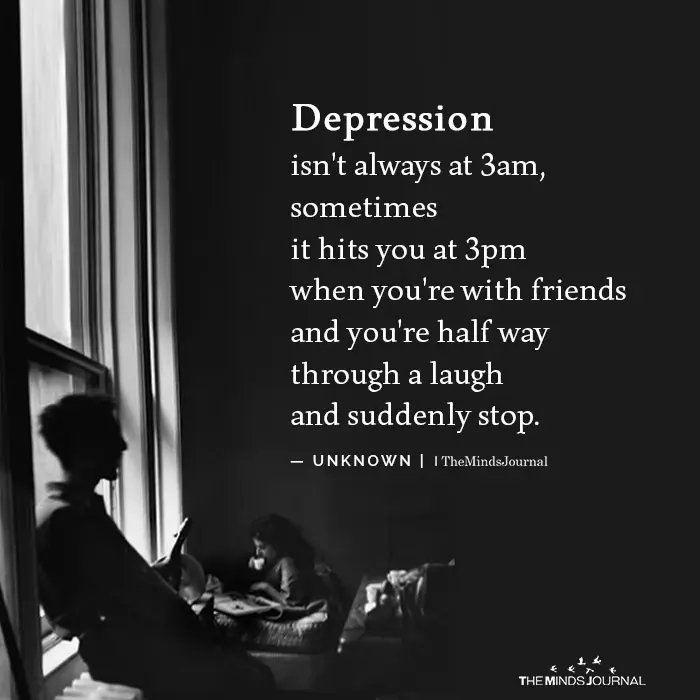
10. You have emotional difficulty in personal relationships but demonstrate significant professional success.
The vulnerability that is linked to true intimacy is hard for you. While driven to be productive and achieve, you aren’t likely to be someone who can easily relate on an intimate level. And you may have chosen a partner, who in fact, doesn’t allow vulnerability, either, or doesn’t have that capability. Your relationship will be based primarily on what you do for each other, rather than who you are for each other, with the emphasis staying on the kids, your careers and being the perfect-looking couple.
If you have anyone in your life, be it a family member or a friend, who exhibits these hidden traits of depressions, try to talk to them about it. They might not even realize themselves that they are depressed; you can help them acknowledge it and deal with it in a positive and constructive way.
If you want to know more about the hidden traits of depression, watch this video below:
Written By: Margaret R Rutherford Originally Appeared In: Psychology Today
Frequently Asked Questions (FAQs)
Is depression more common in males or females?
According to studies, women are more likely to be diagnosed with depression than men. However, depression can occur at any age and there are several factors depending on it.
Can the brain repair itself after depression?
One of the hidden traits of depression is that the brain may be impaired but it can recover. The American Academy Of Neurology also confirms this neurological aspect.
Is depression a permanent condition?
Depression is a chronic mental health condition which is not curable. But one of the hidden traits of depression is that it is treatable and a person can recover and live a healthy life.
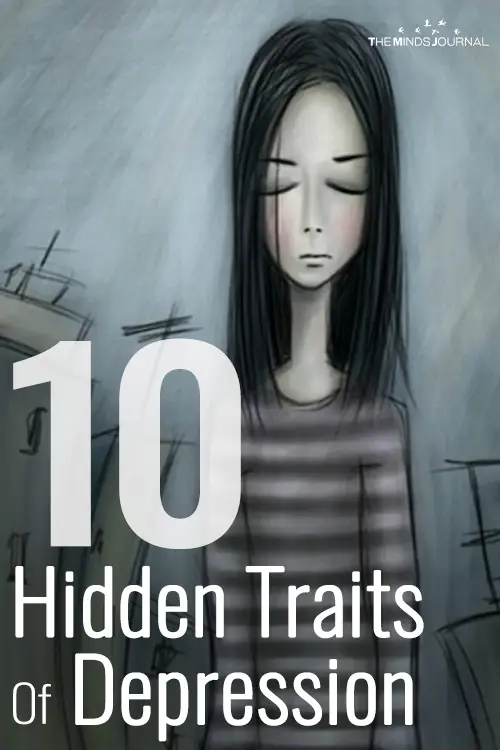
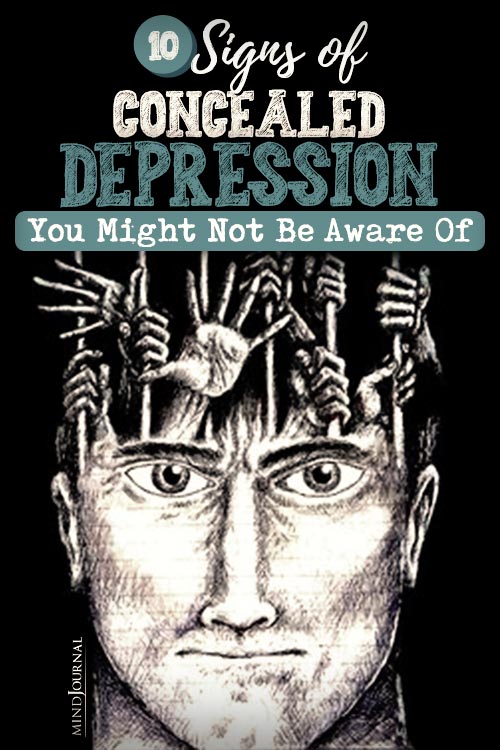
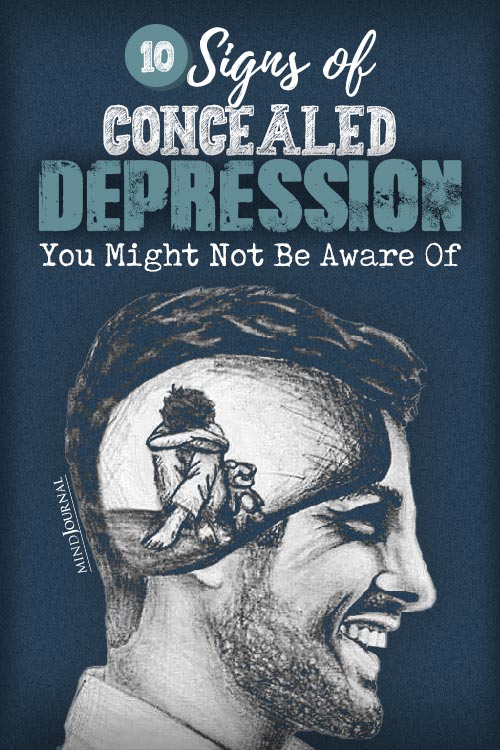
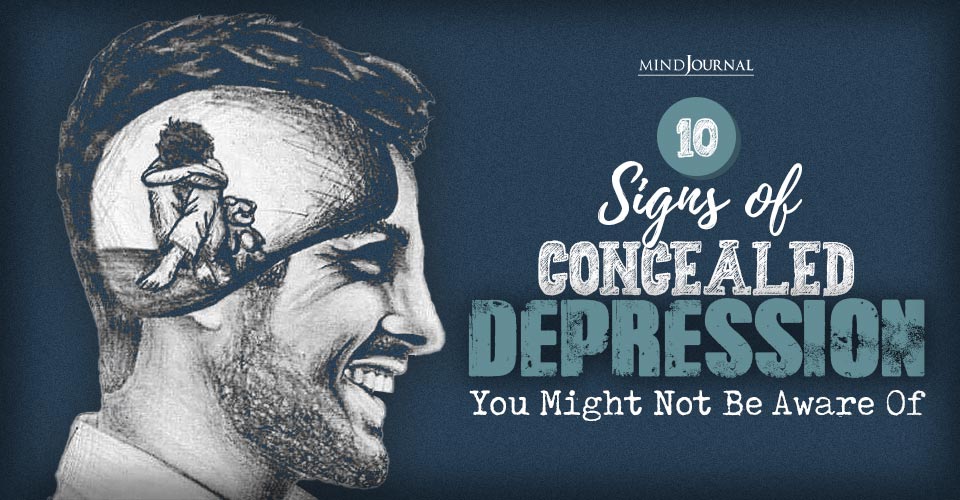





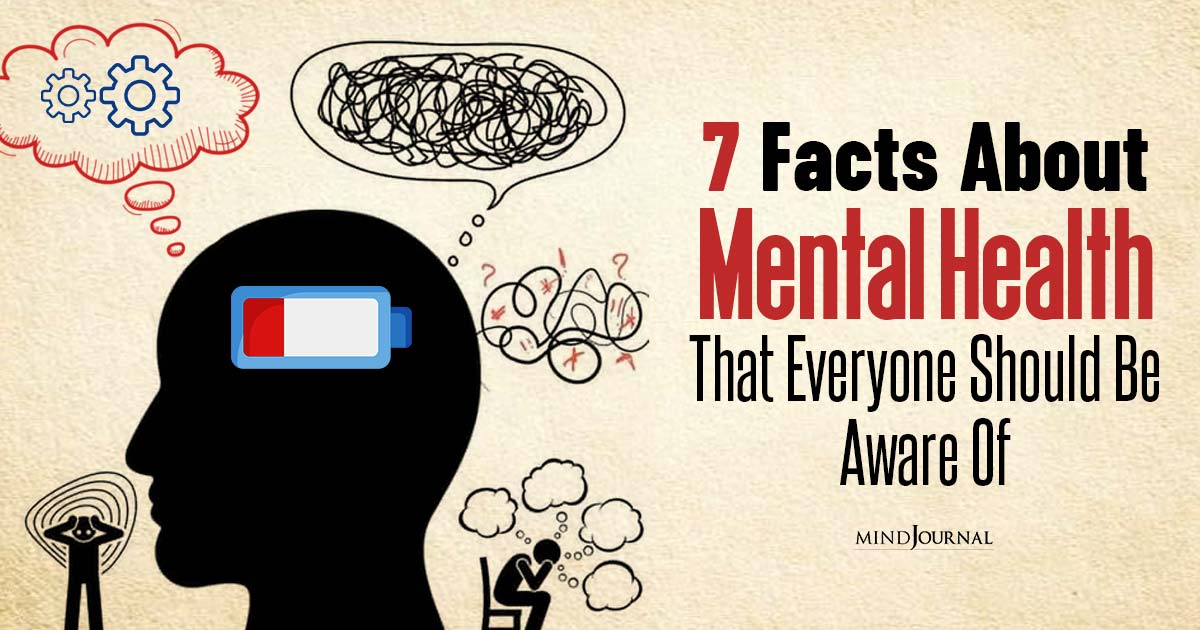

Leave a Reply
You must be logged in to post a comment.